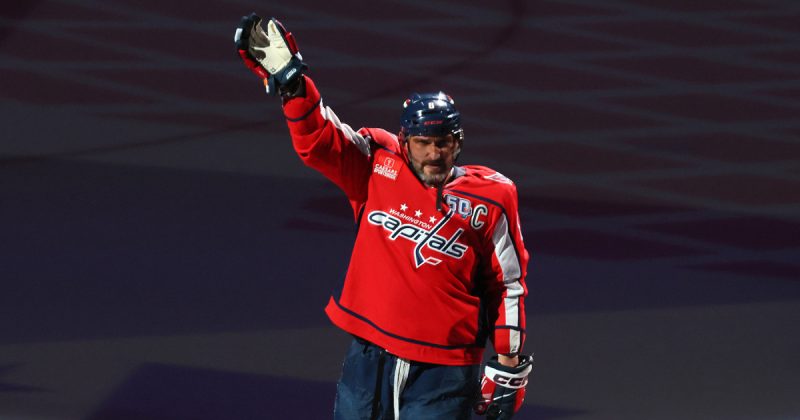
The question of the greatest of all time (GOAT) is a timeless debate in sports. In hockey, Alex Ovechkin has undeniably staked a powerful claim. His recent achievement of surpassing Wayne Gretzky’s seemingly untouchable record of 894 career goals has ignited a renewed conversation about who truly deserves the title of hockey GOAT.
This isn’t just about numbers; it’s about context. When Gretzky retired, his record felt insurmountable. The sheer dominance he displayed over the game for years cemented his place in hockey history. Yet, Ovechkin, in an era with improved goaltending and a different style of play, managed to not only reach but exceed that legendary milestone.
Comparing Ovechkin to other GOAT candidates in different sports reveals some interesting parallels and distinctions. Barry Bonds’ record-breaking home run total is overshadowed by allegations of performance-enhancing drug use. LeBron James’ continued dominance in basketball, while impressive, occurs in a league some argue is physically less demanding than in previous eras. Similarly, Tom Brady’s remarkable success in the NFL is interwoven with the evolution of the game itself, creating a more offensive-friendly environment.
However, Ovechkin’s accomplishment feels different. He achieved his record-breaking feat in a league where goal scoring is comparatively lower than during Gretzky’s era. Goalies now wear significantly larger pads, making it harder to score. The level of parity across teams also makes it more challenging for any single player to consistently dominate. While Gretzky benefited from playing alongside multiple Hall of Famers, Ovechkin has often been the primary focus of opposing defenses.
This isn’t to diminish Gretzky’s legacy. His career point total and assist record remain unmatched, showcasing his unparalleled playmaking abilities. Gretzky’s overall impact on the game is undeniable. But when focusing solely on goals scored, Ovechkin’s achievement stands as a remarkable feat, achieved in a different, arguably more challenging, hockey landscape.
At 39, with one year left on his contract, Ovechkin could potentially reach 950 goals. He’s already secured a Stanley Cup victory. A final Stanley Cup win this year could cap off an extraordinary career, cementing his place in hockey history and fueling the already heated GOAT debate.
Few athletes get to retire at the absolute peak of their careers. Ovechkin’s potential to achieve this—breaking a seemingly unbreakable record, winning a championship, and then riding off into the sunset—would be a fitting end to an incredible career.










